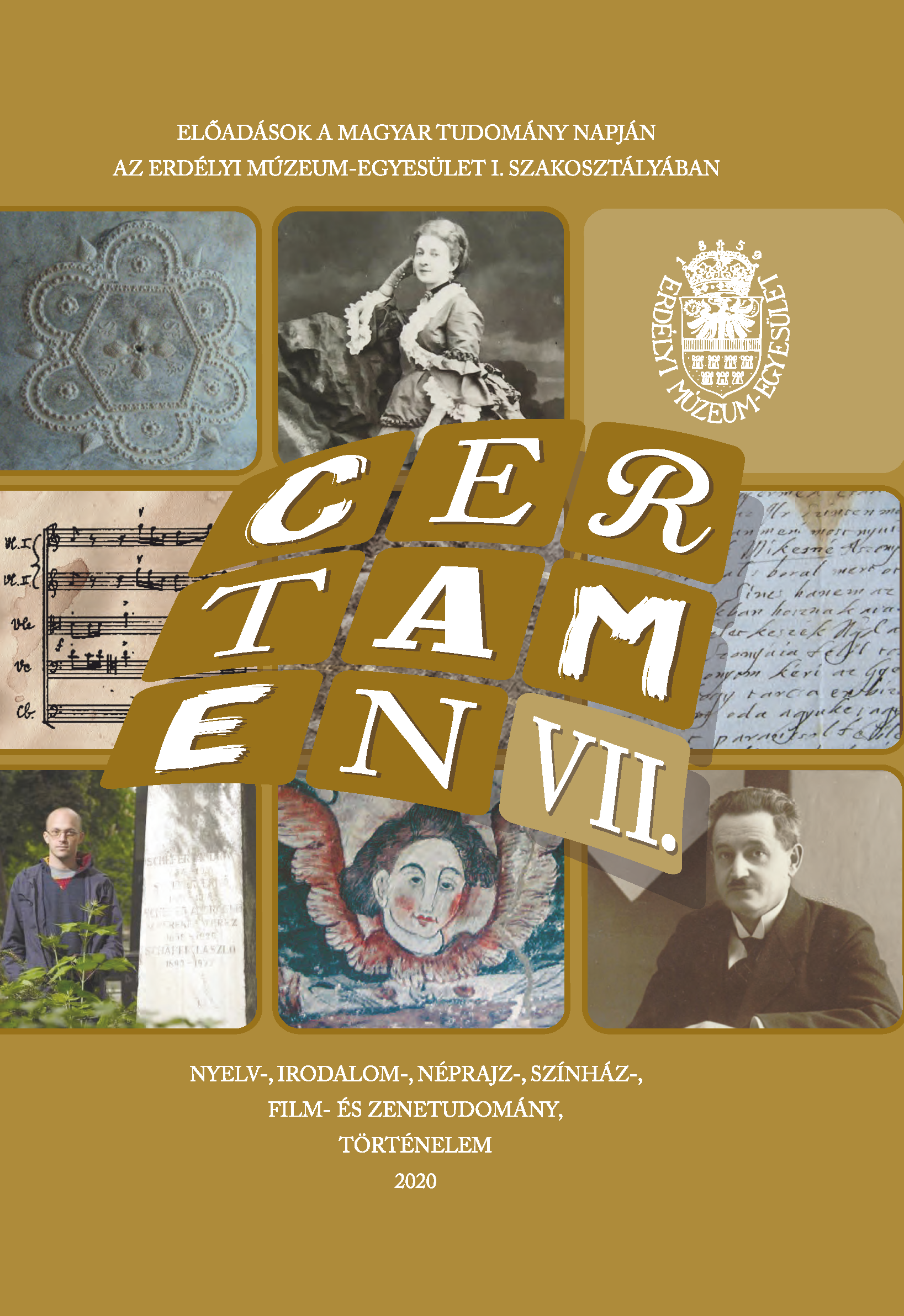II. József erdélyi látogatása 1773-ban, és utazásának hatása a közigazgatásra
The Travel of Joseph II in Transylvania in 1773 and Its Impact on the Transylvanian Administration
Author(s): Krisztina KulcsárSubject(s): 18th Century
Published by: Erdélyi Múzeum-Egyesület
Keywords: Joseph II; travelling; Grand Principality of Transylvania; the history of the public institutions; enlightened absolutism;
Summary/Abstract: Joseph II embarked on his journey in Transylvania (and Galicia) between the 6th of May and the 13th of September 1773 in order to familiarize himself with the two provinces of the Habsburg Monarchy. In order to lessen the financial burden of his visits on his subjects, the emperor neglected the protocols of the ceremonial court travellings, and opted for a simpler, thus more cost-efficient way of organizing it. ‘Incognito’ in his perception did not mean travelling in secret under a false identity, rather a particular way of organizing and undertaking his journey. His primary aim was to avoid the prescribed ceremonial elements of a court travel, its suffocating etiquette, social obligations and festivities. He travelled by a simple and not an elegantly decorated coach or by horse, and was accompanied by a small number of hand-picked confidants. Several authorities were implicated in the organizing process. The Transylvanian Court Chancellery forwarded the decrees of the Emperor and the planned route to the Transylvanian Gubernium, which instructed the Transylvanian counties, seats and districts of their duties. They had to provide provisions for relays and for accommodating quarters, and to perform only the necessary maintenance works of the roads and bridges. The local military authorities were informed, too, by the Imperial War Council. In Transylvania the Transylvanian General Commando of Sibiu (Nagyszeben) was in charge of the preparations, and the military troops had the duty to supply the travelers with saddles, horses, and military escort. Being a co-sovereign charged with the military problems of the Empire, Joseph II was interested in particular in inspecting the fortifications and the military troops of the Grand Principality. He also had the chance to gather personal impressions on the appointed bureaucrats and on the functioning of the whole administrative network of Transylvania. During his audiences and other informal conversations, he took thorough, often ironical notes on the professional knowledge, abilities and efficiency of the office-holders, and their personal opinion on various subjects. These personal notes show the young Joseph’ proficiency in evaluating the personalities of his subordinates. As a consequence of his visit, in the next year important changes were made in the administration of Transylvania: the activity of certain offices was reorganized, and several leading officials were dismissed, reassigned or new ones were commissioned. Our sources clearly indicate that the newly assigned officials were those who made a good impression on Joseph II during his journey, and they were to become the new leading officials of the 1770s and 1780s (or even after these decades) in Transylvania.
Journal: Certamen
- Issue Year: 2020
- Issue No: VII
- Page Range: 451-465
- Page Count: 15
- Language: Hungarian

